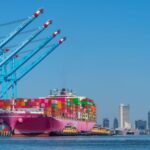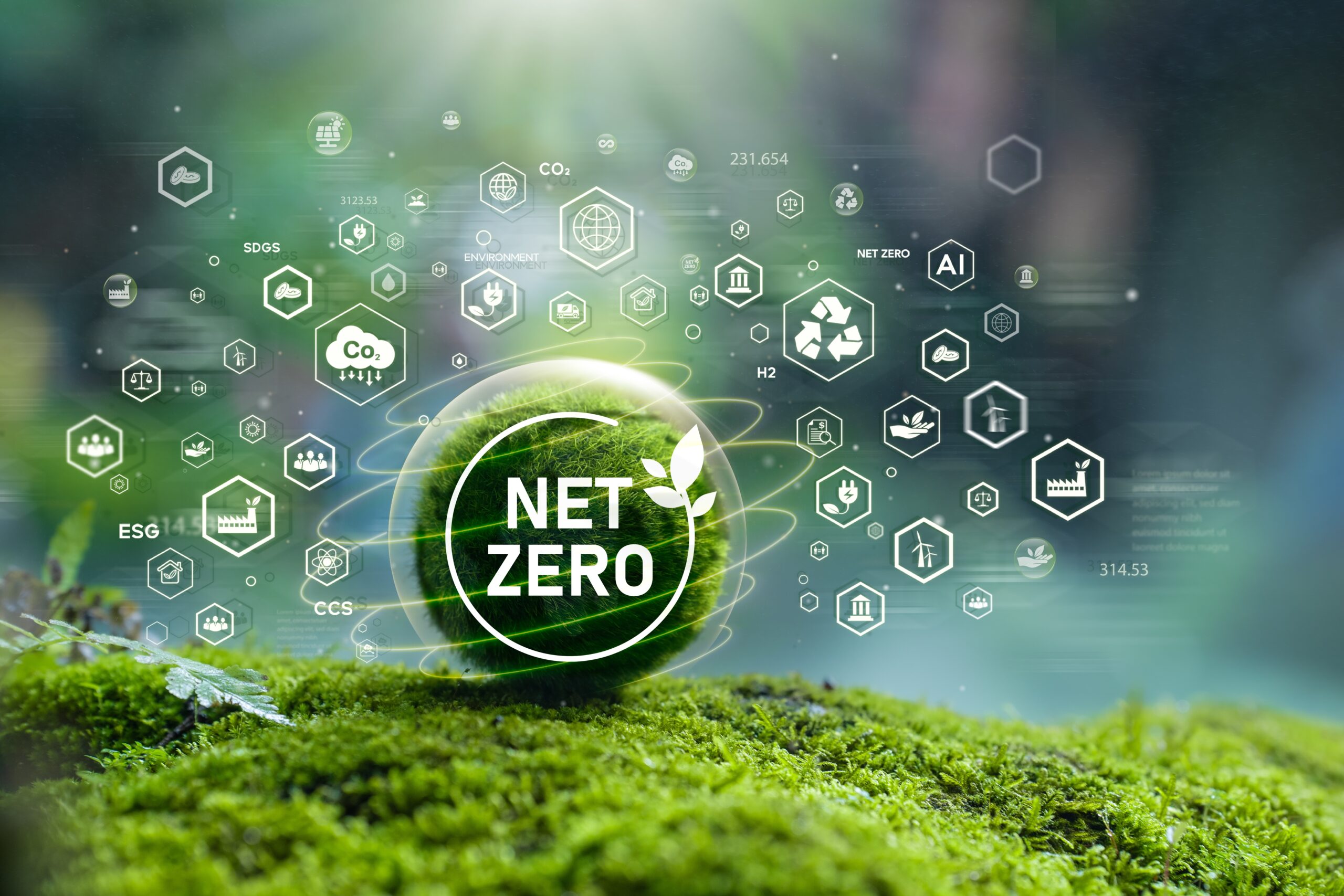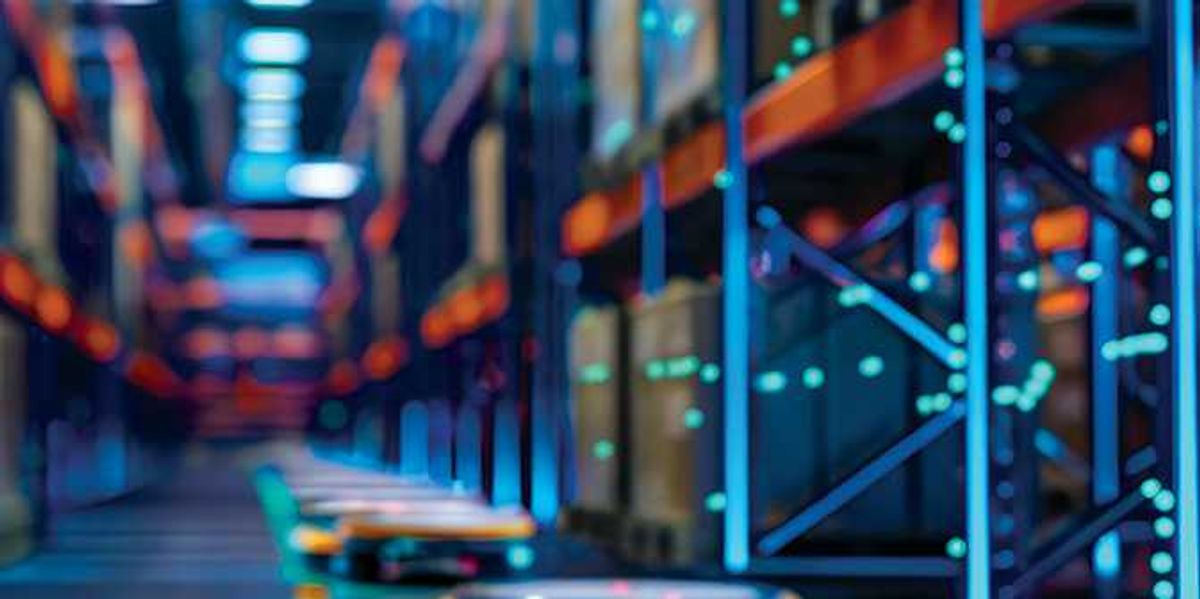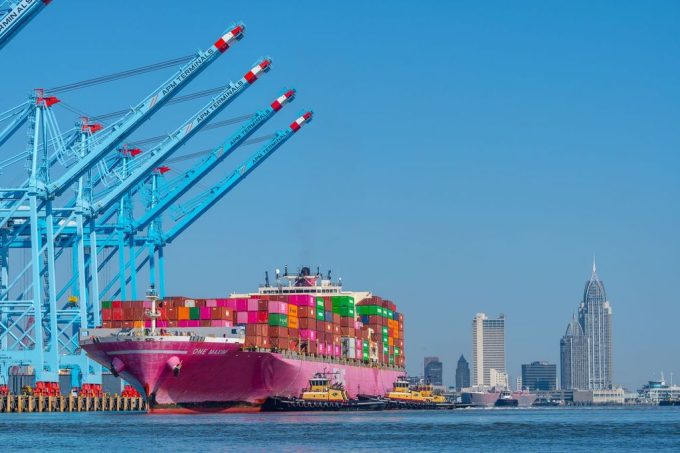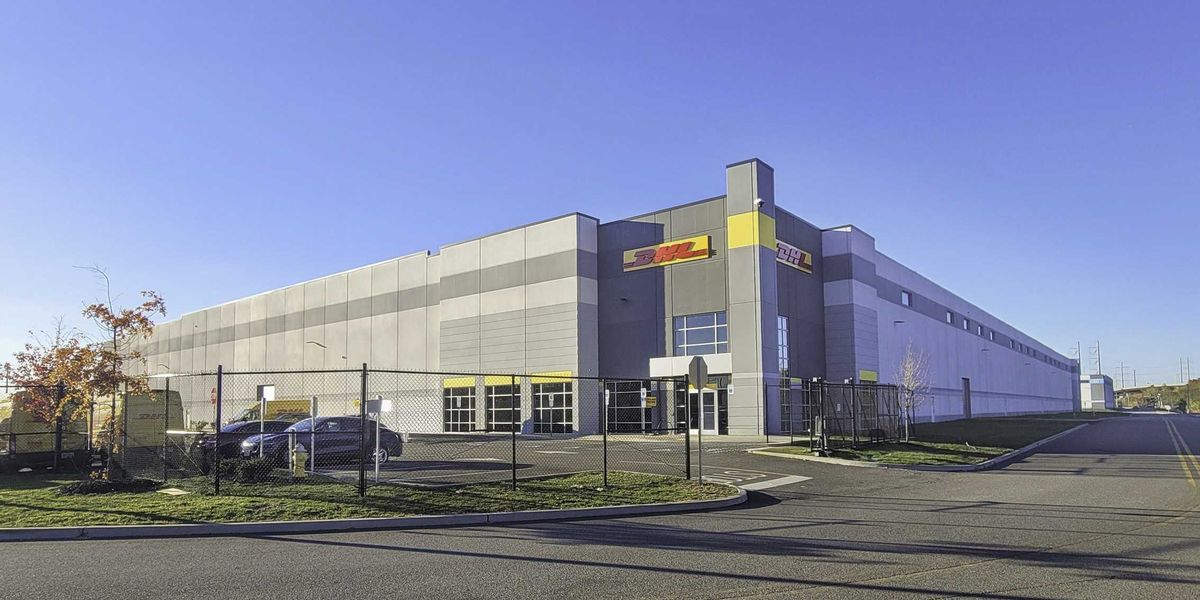The world’s leading shipbuilders, shipowners and classification societies have reaffirmed their commitment to the International Maritime Organization (IMO) as the sole global shipping regulator, following the recent decision to delay the adoption of a carbon pricing system for the sector.
Read also: Shipping giants warn IMO Net Zero plan could cost industry $300 billion by 2035
The announcement was made at the trilateral forum held in Busan, South Korea, where more than 70 delegates from 13 countries met to discuss the future of sustainable shipbuilding and maritime regulation. The gathering was held just days after the IMO’s Marine Environment Protection Committee (MEPC) voted to postpone for one year the adoption of draft amendments to MARPOL Annex VI, which would have introduced the first global carbon pricing framework for international shipping.
Political frictions hinder progress on climate
The delay followed a contentious debate that prompted a procedural delay by the United States, Saudi Arabia, Russia and other oil-producing countries. The postponement proposal was formally proposed by Singapore and put forward for a vote by Saudi Arabia. Industry observers say the move reflects deep geopolitical divisions over the pace and structure of decarbonisation in maritime transport.
The net-zero framework project, initially agreed in principle in April, received broad support from 63 countries – including the EU27, China, Brazil, India, Japan, the UK, and Korea – in the face of opposition from 16 oil-dependent nations. The framework aims to generate up to $15 billion annually by 2030 through compliance fees on ships that exceed carbon intensity thresholds. With this delay, the next vote on adoption will not take place until October 2026, which could push implementation into 2030.
The industry calls for regulatory clarity
At the Busan Forum, Thomas A. Kazakos, Secretary General of the International Chamber of Shipping (ICS), stressed the importance of industry unity amid political uncertainty.
“Tomorrow’s shipyards will not only build ships, they will build confidence in the industry’s ability to achieve its sustainability goals,” Kazakos said. “Collaboration, insight and a continued focus on safety will be the foundation of the next generation of shipbuilding excellence.”
Although the IMO’s delay is disappointing, it should not hinder the industry’s progress, Kazakos added.
“We need clarity to make long-term investments in decarbonisation,” he said. “The IMO remains the only organization capable of providing global rules for a global industry.”
Technical challenges and innovation
Now, in its third decade, the Tripartite Forum continues to be a central platform for addressing technical and regulatory challenges in ship design and operation. This year’s discussions covered a wide range of topics – from decarbonisation and carbon capture on board ships to autonomous ships, biofouling, underwater noise and gray water management.
The Forum’s history of practical engineering cooperation includes the establishment of common structural bases for bulk carriers and oil tankers – a record example of global maritime cooperation.
The momentum of decarbonisation continues
Despite the setback, industry experts maintain that the shift to low- or zero-emission charging is irreversible. Jesse Fahnestock, director of decarbonisation at the Global Marine Forum, called the delay “a disappointing setback, but not the end of this journey”.
On the other hand, regional measures such as the EU Emissions Trading Scheme, the EU Marine Fuels Programme, and national initiatives in the UK, Singapore and California continue to drive progress independently of the IMO process.
A unified voice for global regulation
The Busan Forum saw participation from leading international maritime organisations, including:
- ASEF (Active Shipbuilding Experts Federation)
- BIMCO, represents 64% of global tonnage across 120 countries
- CESA and SEA Europe, representing shipyards and equipment suppliers in 17 European countries
- IACS, which covers more than 90% of the world’s cargo tonnage
- INTERCARGO and INTERTANKO, representing dry bulk owners and tankers respectively
- ICS, which represents more than 80% of the world’s commercial fleet
The next trilateral forum will be held in Japan in the fourth quarter of 2026, at which time the IMO’s carbon pricing framework will be up for discussion again – a moment that could set the tone for the decarbonisation of the global shipping sector over the next decade.



